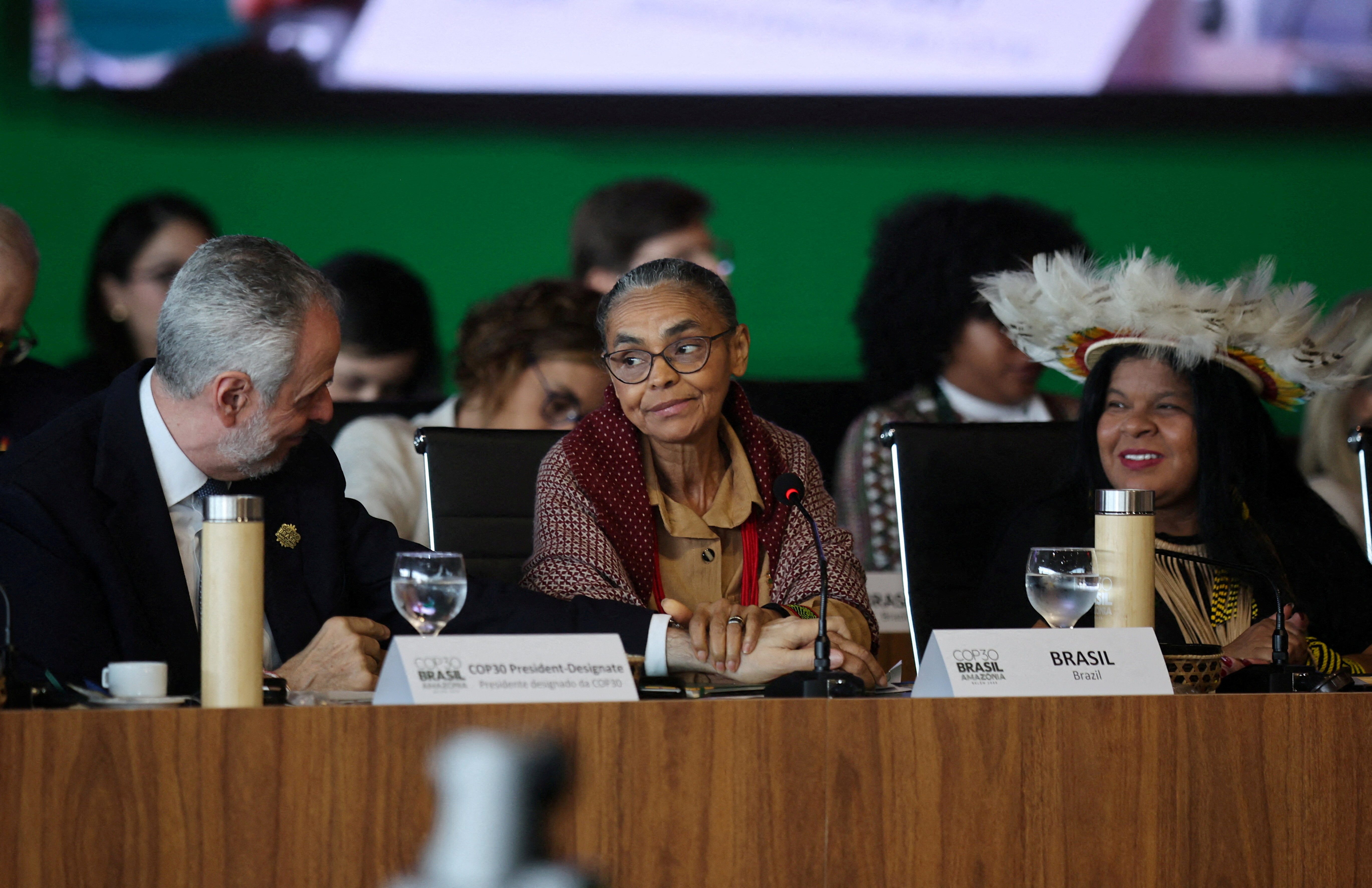How can we help tourists to make better decisions about the environment?

Scientists observed the differences in people’s behavior based on whether they were confronted with a written or a face-to-face interaction featuring either a positive message.
Image: Unsplash/Naja Bertolt Jensen
Stay up to date:
Plastic Pollution
- Subtle messaging and cues can encourage tourists to engage in behaviors that protect the marine ecosystem, a new study says.
- The researchers conducted two field experiments, focusing on plastic bag use and snorkeling behavior, on the Indonesian island of Gili Trawangan.
- Many tourists have the knowledge and responsibility to take environmentally conscious actions, but in practice, they often fail due to contextual obstacles.
- The study authors urged stakeholders in the tourism sector to apply these approaches to reduce local impacts on the environment.
“Do you need a plastic bag?” asks a store cashier. Bland as it may seem, that’s the kind of question that appears to be an effective nudge for tourists to take environmentally friendly action, according to a study.
Giving subtle messaging and cues is likely to encourage tourists to engage in behaviors that protect the marine ecosystem, a group of researchers concluded in their paper published in February in the journal Frontiers of Communication. They observed real behavioral changes using natural field experiments with different types of pro-environmental communication framing interventions, and tested the effectiveness of those approaches.

Many tourists have the knowledge and responsibility to take environmentally conscious actions, but in practice, they often fail due to contextual obstacles, the study noted, describing this phenomenon as the “knowledge-action gap.”
“The gap between knowledge and action exists because it is much easier to think a certain way than it is to actually consistently behave in that manner,” said lead author said Katherine Nelson from the Leibniz Centre for Tropical Marine Research in Germany. “But providing a subtle cue can help us relieve some of the cognitive burden on our brains when we are in a complex environment.”
The researchers conducted two field experiments, focusing on plastic bag use and snorkeling behavior, on the Indonesian island of Gili Trawangan, a popular destination for beachgoers. Plastic bags are a major polluter of the marine ecosystem, while snorkeling, if not done right, can pose immediate threats to marine life; destructive behavior includes standing and walking on coral reefs, touching reefs, or chasing and touching sea animals like turtles.
The scientists also observed the differences in people’s behavior based on whether they were confronted with a written or a face-to-face interaction featuring either a positive message — highlighting good outcomes — or a negative message, focusing on the bad outcomes of a specific action.

In terms of plastic bag use, the authors found that tourists were most likely to decline using single-use bags when being exposed to verbal and visual nudges. The research also showed that pre-snorkel instructions about safe underwater behavior were effective in reducing divers’ damaging actions toward marine life.
“Our study highlights that an intervention can lead people to making better decisions by just drawing their attention to an issue,” Nelson said. “By providing a small cue, we can reduce the obstacles that get in the way and make environmental behaviors easy.”
The authors urged stakeholders in the tourism sector to apply these approaches as a simple effort to reduce local impacts on the environment, particularly marine ecosystems.
“A key reflection is that the interventions tested here are very low cost and easy-to-implement,” Nelson wrote in the paper.

Accept our marketing cookies to access this content.
These cookies are currently disabled in your browser.
Don't miss any update on this topic
Create a free account and access your personalized content collection with our latest publications and analyses.
License and Republishing
World Economic Forum articles may be republished in accordance with the Creative Commons Attribution-NonCommercial-NoDerivatives 4.0 International Public License, and in accordance with our Terms of Use.
The views expressed in this article are those of the author alone and not the World Economic Forum.
Forum Stories newsletter
Bringing you weekly curated insights and analysis on the global issues that matter.
More on Nature and BiodiversitySee all
Alejandra Castro, Cassio Ferreira, Ana Gonzalez Pelaez and Nathanial Matthews
November 11, 2025
Andrea Willige
November 10, 2025






